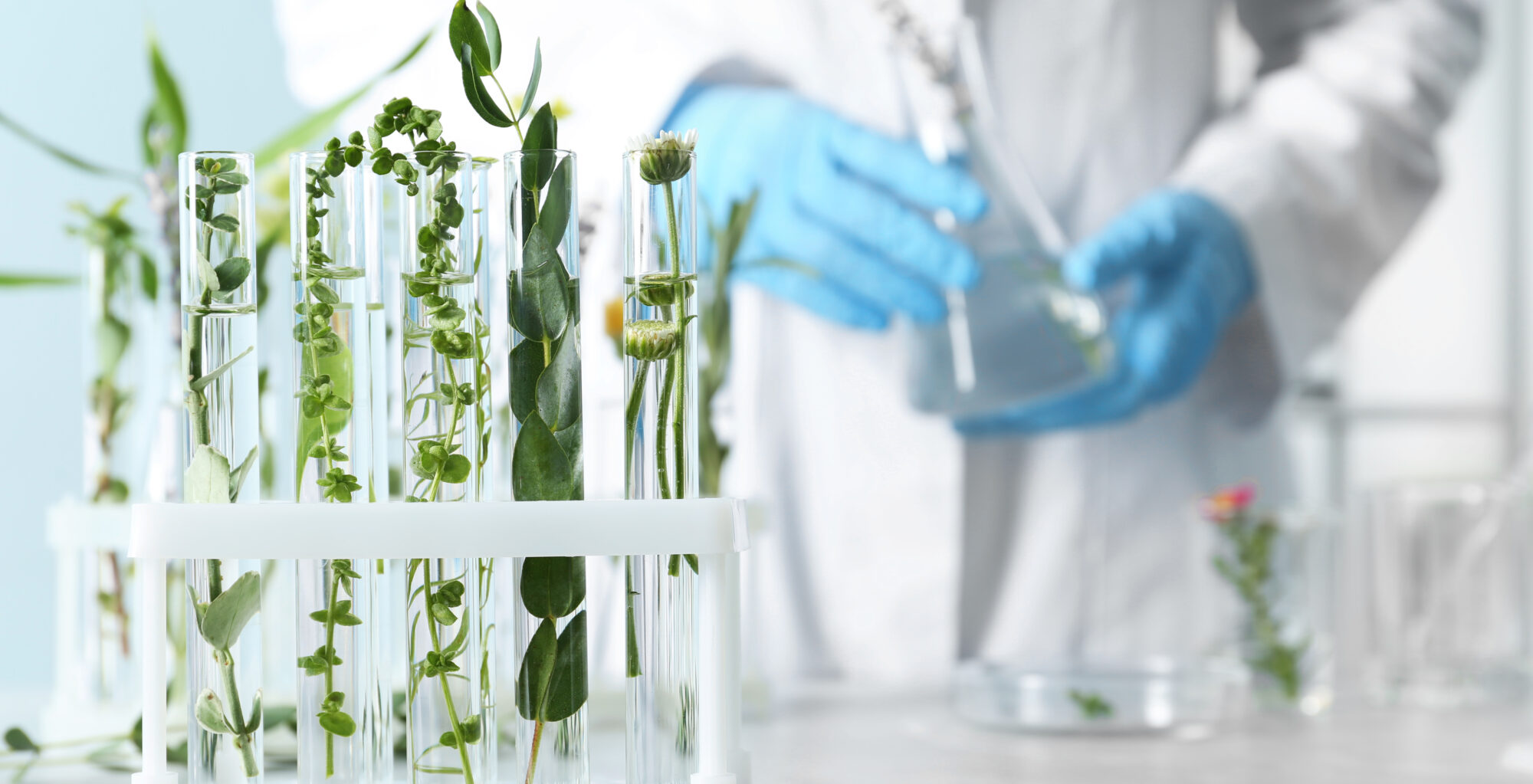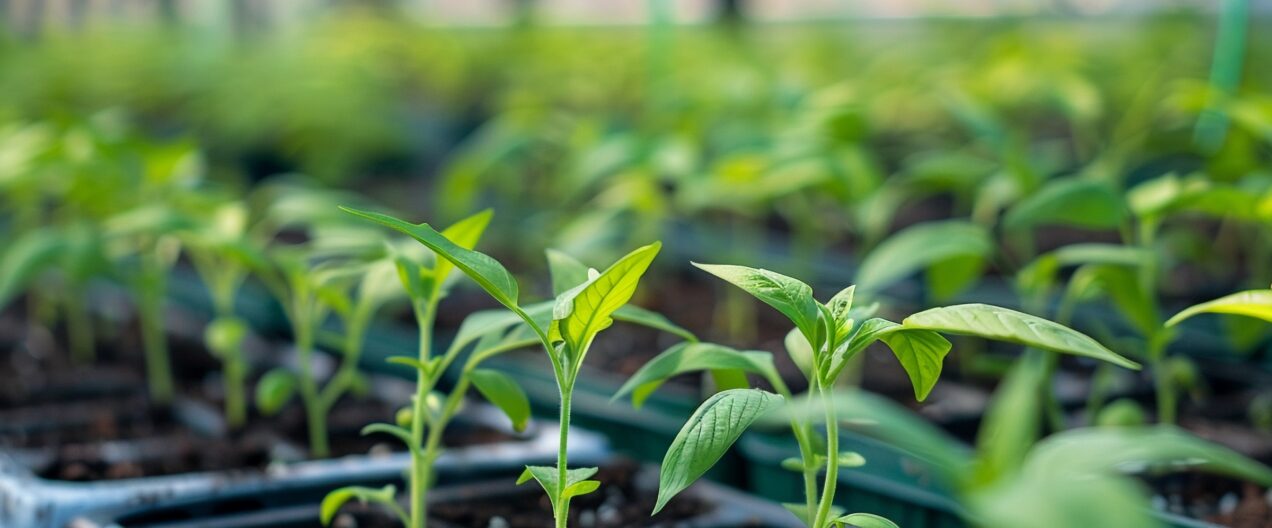
Nutrition: Does the future belong to the green gene scissors?
New plant varieties contribute to security of supply. The new breeding methods known as "gene scissors", such as Crispr, have the potential to revolutionise agriculture and nutrition.

Regional products are more in demand than ever
The demand for regional products could hardly be greater. This is shown by a new study by the Zurich School of Business. Consumers even consider regional products to be significantly more sustainable than organic or premium products. To keep up with this trend, it is therefore all the more important to promote modern breeding techniques and plant protection products.

EU decision in favour of new breeding methods with stumbling blocks
On 7 February, the EU Parliament voted in favour of approving the new genomic breeding methods in the EU. MEPs voted in favour of a corresponding proposal by 307 votes to 263 with 41 abstentions. Further deliberations will now follow.
Myths & Facts
swiss-food stands for fact-based information. Important facts are explained here in an understandable way.
To the myths and factsFrom the media

Will this field trial revolutionise barley production?
Switzerland's first field trial using plants from new breeding technologies will start this spring in Zurich. Specifically, the aim is to breed a spring barley that produces more grains per ear. If the trial works, the technology is likely to be of great interest to Swiss agriculture.

Foie gras without a guilty conscience
The term foie gras often has negative connotations. The reason for this is foie gras production, in which the animals suffer great suffering. After top restaurateurs developed recipes with unstuffed liver, Migros is now also offering «Happy Foie». This is an animal-friendly foie gras that is supposed to taste just as good as the original. Patents are used to protect the inventors.

Why trust in science is so important
It is essential that society has confidence in research. Only in this way can it realise its maximum potential and ultimately overcome social challenges such as climate change or a pandemic. But there are also critical voices: Some of the Swiss population has little or no trust in science. Four experts debated how research can gain people's trust at an «NZZ Live» panel discussion.
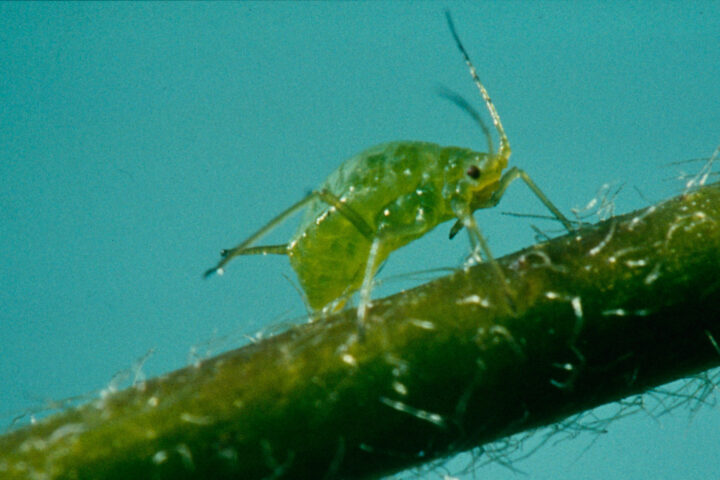
Crop protection products are in short supply - and soon the first vegetable varieties too
Vegetable producers are currently struggling. The reason for this is the lack of crop protection products . It is becoming increasingly difficult to bring saleable products onto the market. Some farmers are even reaching their limits to such an extent that they have had to stop growing certain vegetable varieties.
Knowledge

Nutrition: Does the future belong to the green gene scissors?
New plant varieties contribute to security of supply. The new breeding methods known as "gene scissors", such as Crispr, have the potential to revolutionise agriculture and nutrition.

Regional products are more in demand than ever
The demand for regional products could hardly be greater. This is shown by a new study by the Zurich School of Business. Consumers even consider regional products to be significantly more sustainable than organic or premium products. To keep up with this trend, it is therefore all the more important to promote modern breeding techniques and plant protection products.
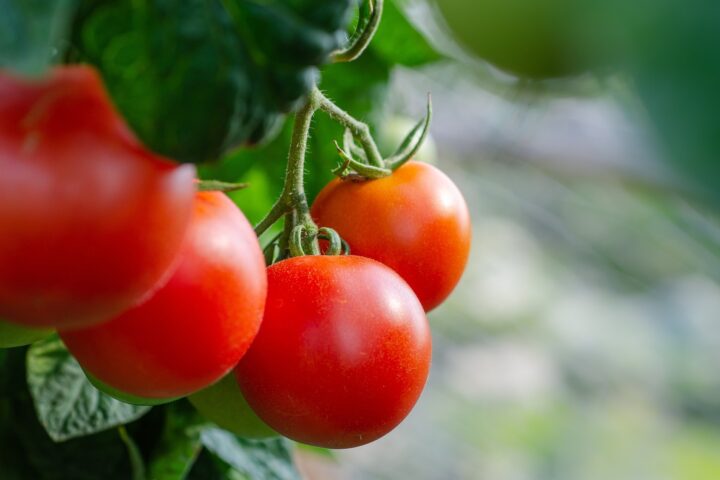
Tomatoes: From «water bomb» to aromatic fruit
The diversity of commercially marketed tomato varieties is greater today than ever before. This has to do in particular with the breeding of new varieties.

Public funds for avoidable crop failures: neither sustainable nor resource-efficient
The reduced use of plant protection products is causing much smaller wheat and rapeseed harvests. A study carried out by Swiss Agricultural Research reveals that such crop failures can only be offset by state subsidies. This is neither sustainable nor resource-efficient.
Audio & Video
swiss-food has a large selection of exciting videos and podcasts on the topics of food, agriculture and research.
To the podcasts and videosPolitics

EU decision in favour of new breeding methods with stumbling blocks
On 7 February, the EU Parliament voted in favour of approving the new genomic breeding methods in the EU. MEPs voted in favour of a corresponding proposal by 307 votes to 263 with 41 abstentions. Further deliberations will now follow.

Authorisation of new crop protection products: federal government hesitates, parliament exerts pressure
In Switzerland, the authorisation of new crop protection products is stalling. And there is a disturbing asymmetry. The federal government immediately withdraws authorisations for crop protection products that the EU takes off the market.
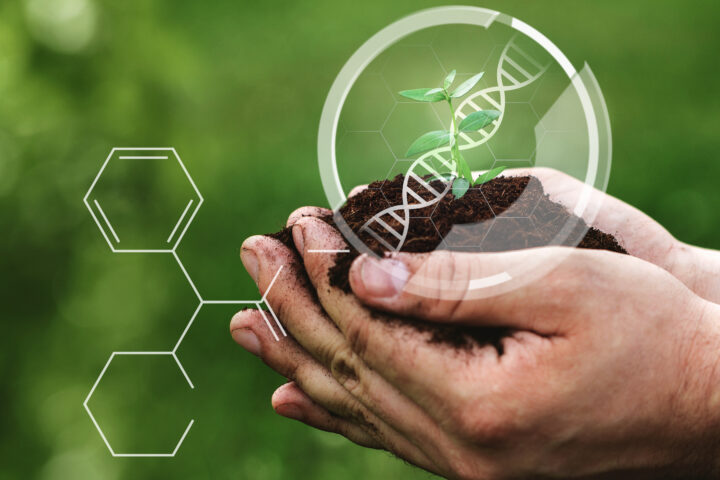
The Federal Council and the new breeding technologies: Too little and too late
It is disappointing what the Federal Council announced in a media release on 25 October 2023 on the subject of new genetic methods. Both in terms of content and timing, the government is putting on the brakes. The dithering is incomprehensible.

Arguments for new breeding technologies
Plant breeding is complex. Accordingly, there are many questions in the discussion surrounding new breeding methods. swiss-food.ch has compiled the most important questions and answers on new breeding technologies.
Blindspot
Blindspot articles are marked with a small spotlight and illuminate the «blind spots» in the agricultural policy debate.
To the Blindspot articlesResearch

Using Crispr to combat climate change
In the Tages-Anzeiger newspaper, Nobel Prize winner Jennifer Doudna talks about the opportunities and risks of gene scissors. The tool can be used to specifically treat hereditary diseases, breed drought-tolerant plants and reduce greenhouse gas emis-sions from cows.
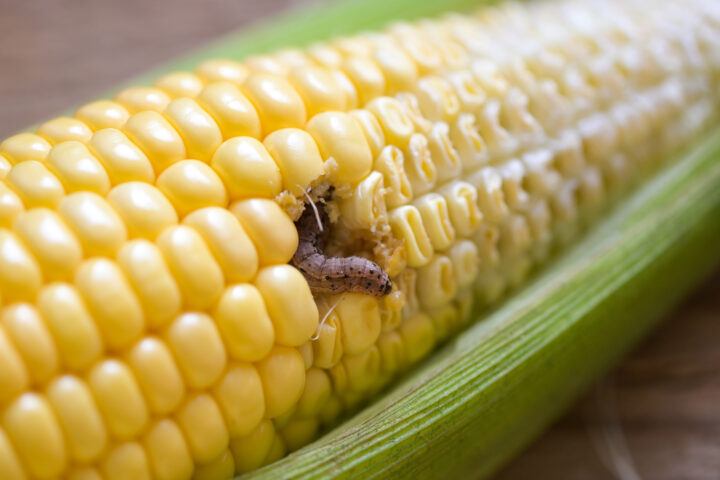
Anxious sweat as a cry for help
Plants live dangerously. They are surrounded by predators. But they are not completely at their mercy. Decades of research have shown this. For example, plants emit odours when attacked. This realisation could lead to new strategies for plant protection. However, it is still uncertain whether this will ever lead to a widely used product.

It pays to take a closer look
Pesticides are to blame for an increase in brain tumours in children in the Zürcher Weinland and the Bernese Seeland, according to a study carried out three years ago. Experts commissioned by the federal government have now come to a different conclusion: the results could also have been accidental.

Global events require adjustments
The Swiss want as much local food as possible on their plates. A desire that is becoming increasingly difficult to fulfil. Farmers are finding it increasingly difficult to protect their harvests. No wonder the level of self-sufficiency is falling.


